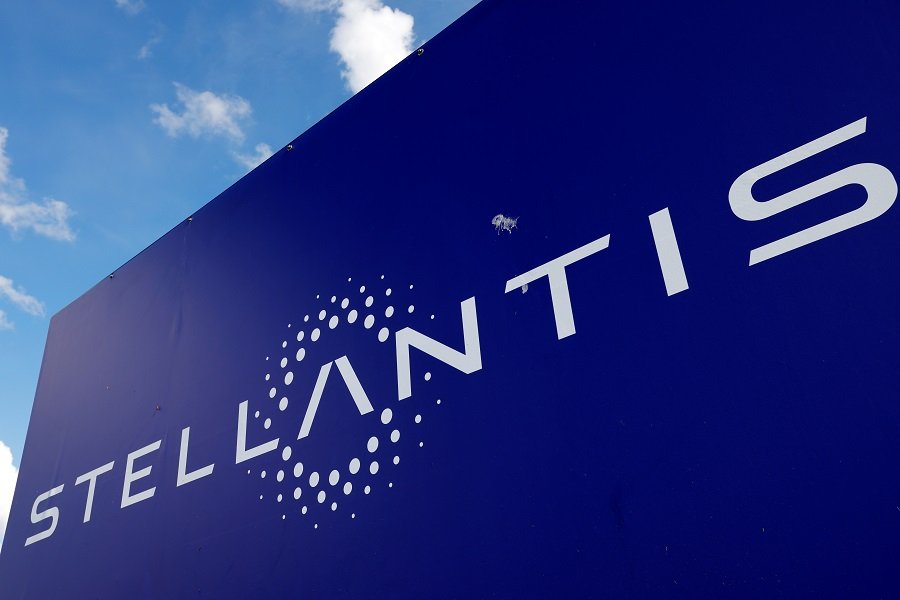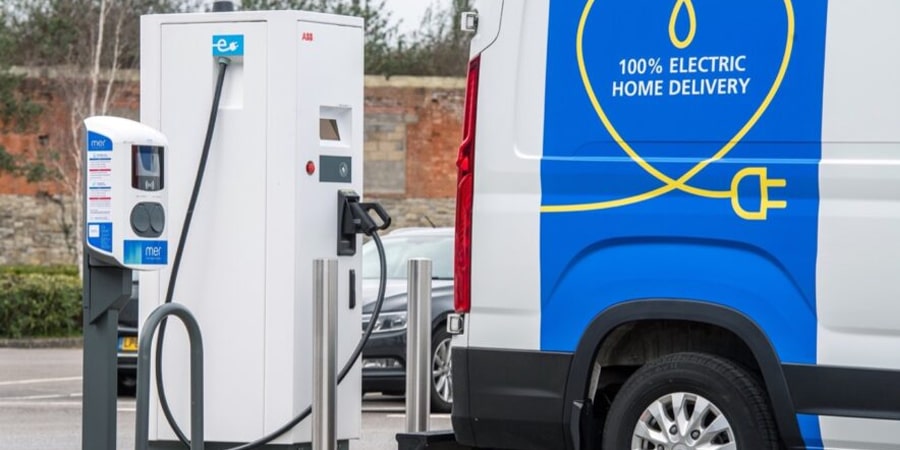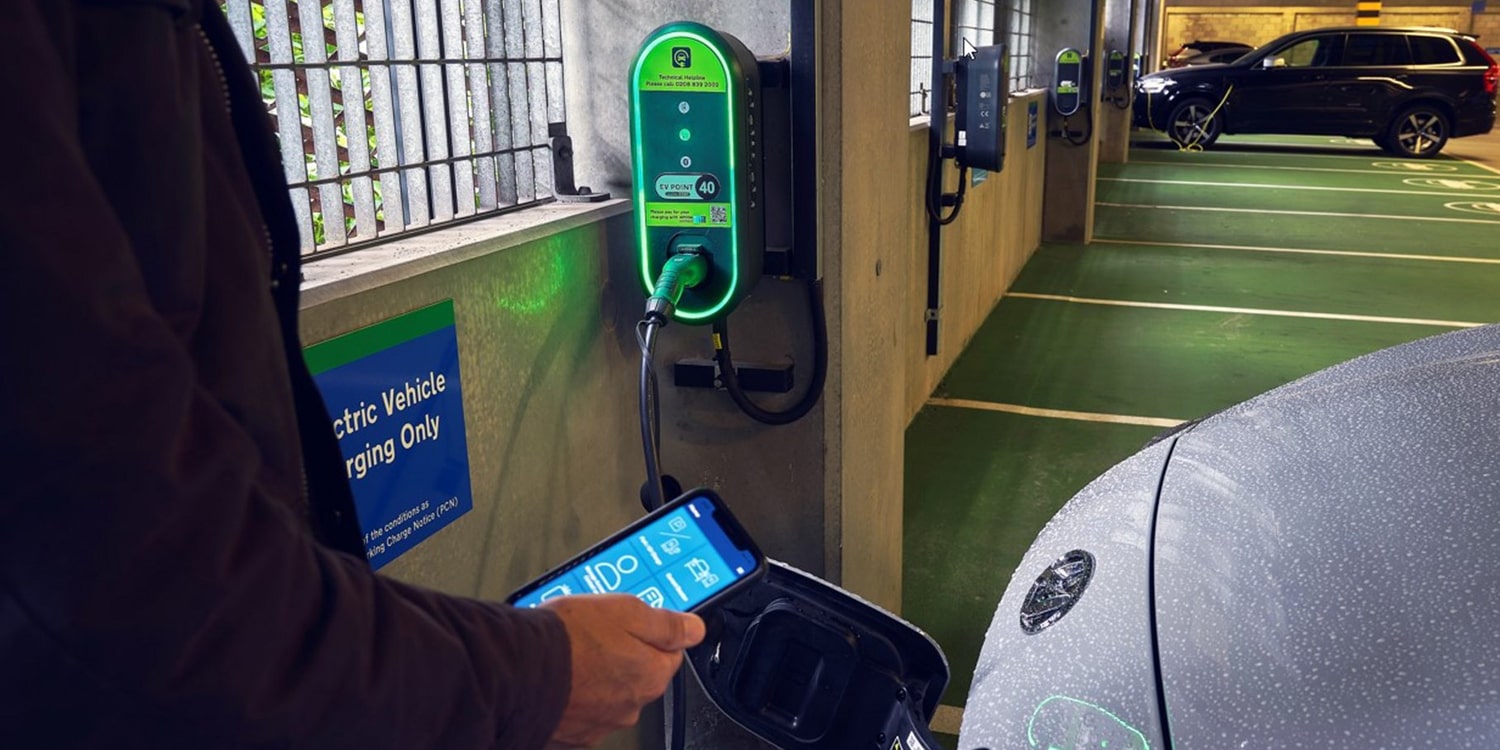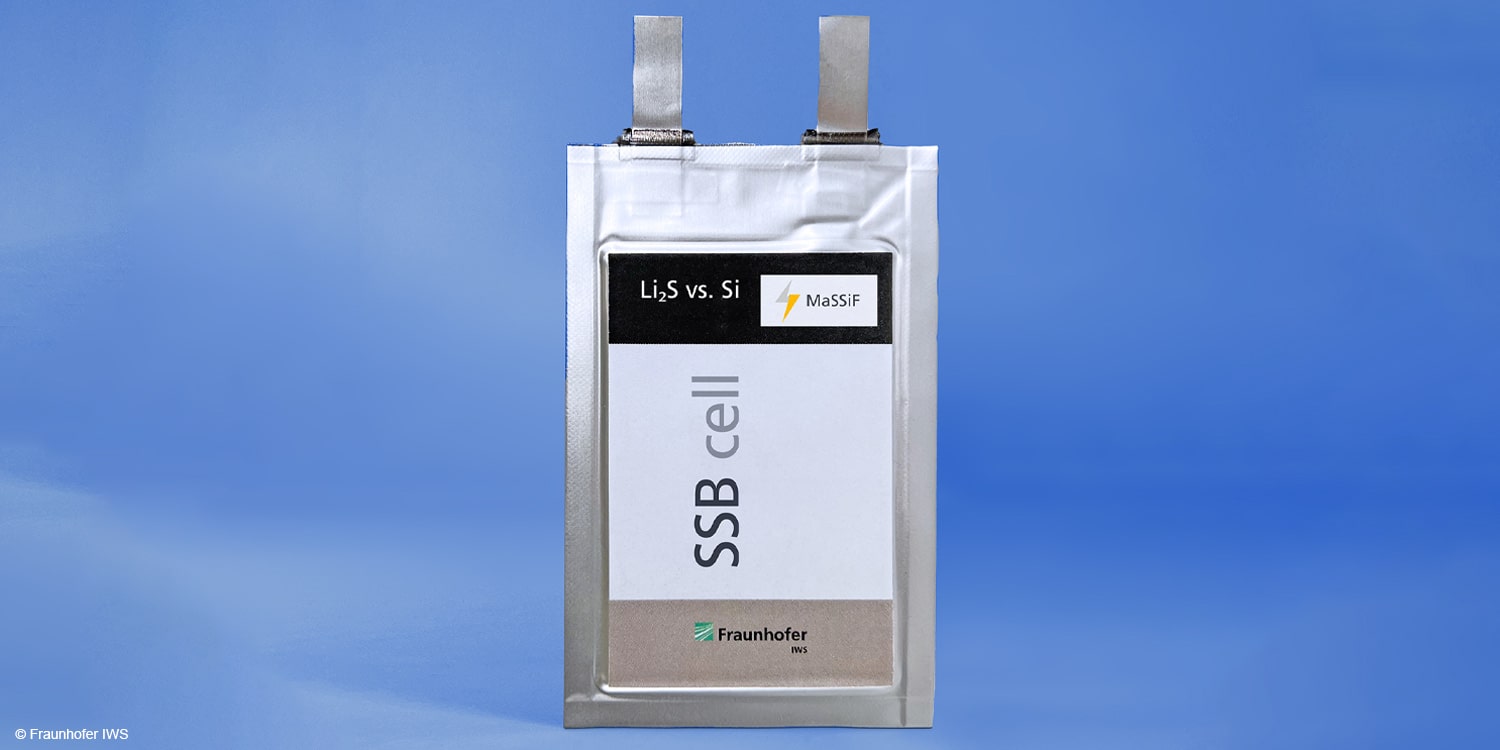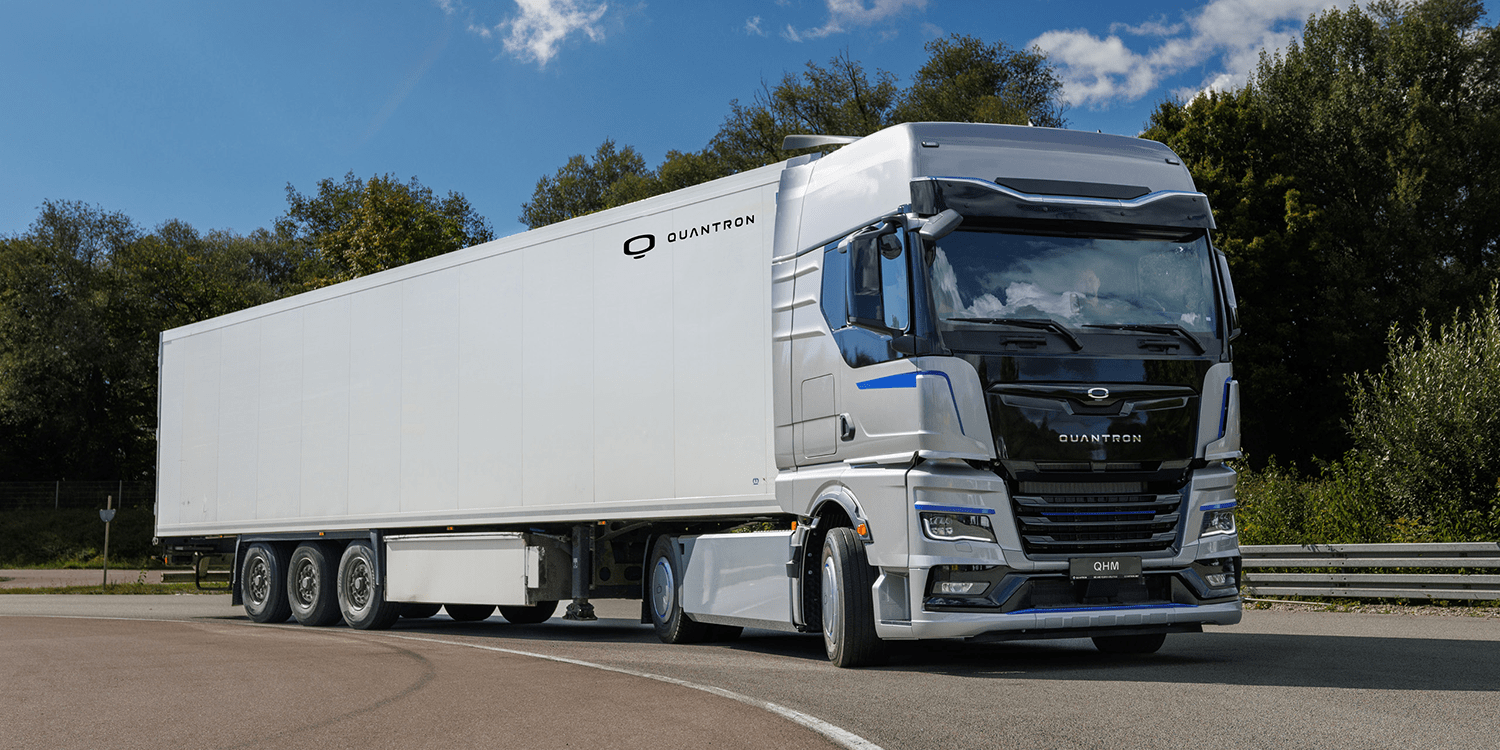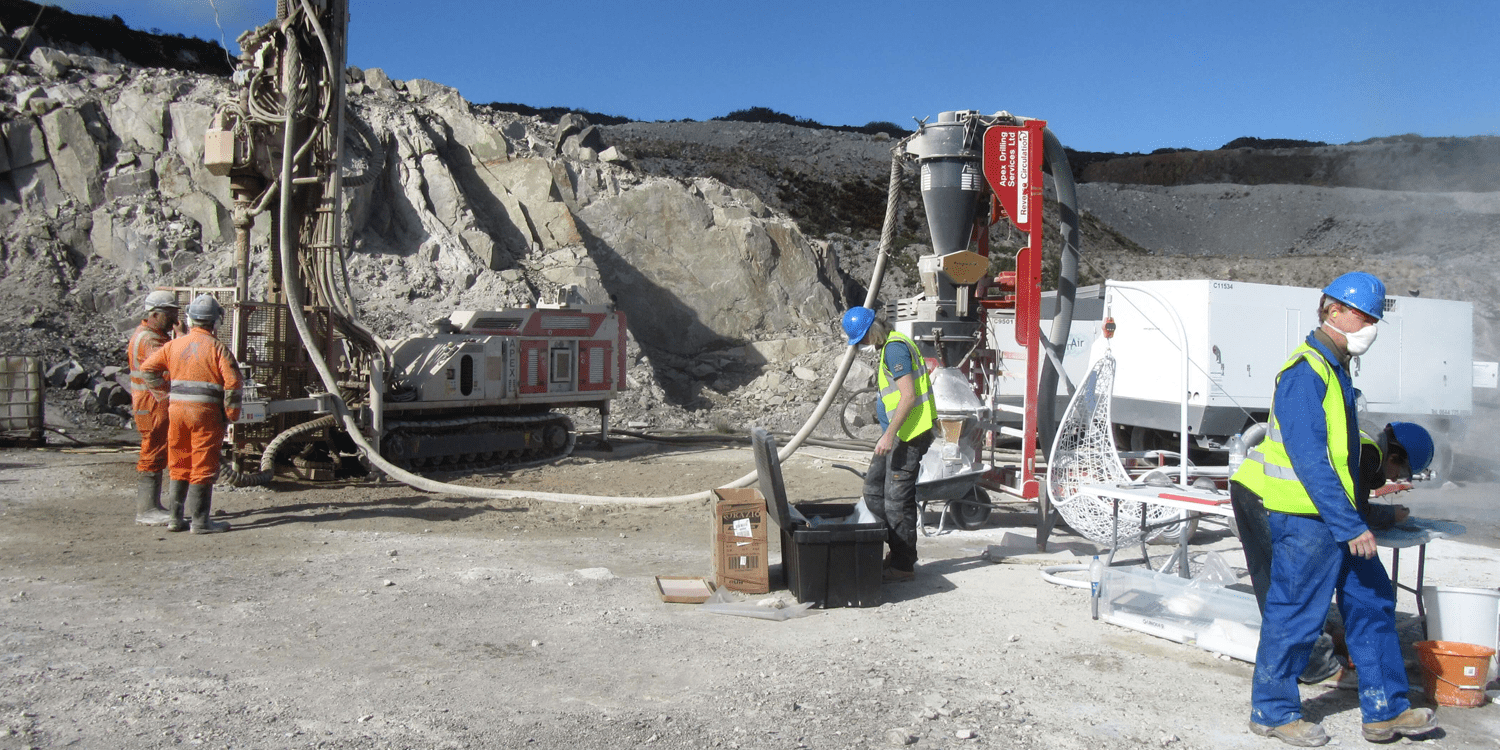Stellantis, the automotive giant behind brands such as Jeep, Dodge, and Peugeot, is taking a bold step in the fight against global warming. The company has announced that it is testing 28 of its engine families to ensure they can run on synthetic fuels, also known as efuels.
Stellantis has been testing engine families from as far back as 2014 and plans to continue testing up to 2029. The protocol covers both petrol and diesel powertrains, which could enable combustion-powered vehicle owners to decarbonize their vehicles without having to replace them with an electric vehicle or upgrade the fuel system.
This program has the potential to significantly reduce carbon dioxide (CO2) emissions. Stellantis has built 28 million combustion-powered vehicles since 2014 in Europe alone, and efuels could help reduce CO2 emissions by up to 400 million tons from 2025 through 2050. The company’s commitment to using efuels for pre-existing and upcoming internal combustion engine (ICE) vehicles is a vital step in becoming carbon net zero by 2038.
Stellantis CEO, Carlos Tavares, has emphasized that the company is not stepping away from its aggressive electrification strategy. Instead, the efuel program is a complementary solution to Stellantis’ holistic decarbonization approach. The company aims to give its customers another tool in the fight against global warming, one that can have an almost immediate impact.
As part of its tests, Stellantis is analyzing the tailpipe emissions, startability, engine power, reliability endurance, oil dilution, fuel tank, fuel lines, and filters of its existing engine families.
The company’s move towards efuels comes just after the European Union announced that it would allow the sale of new combustion-powered vehicles beyond 2035, provided they run solely on synthetic fuels. This policy change further highlights the importance of developing and implementing low-carbon fuel technologies such as efuels.
Stellantis is taking bold steps towards reducing its carbon footprint and addressing the challenges of global warming. By testing its engines with efuels, the company could provide millions of combustion-powered vehicle owners with an alternative solution to decarbonize their vehicles, thereby contributing to a more sustainable future.

